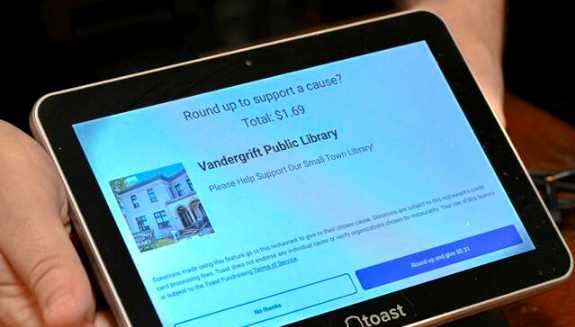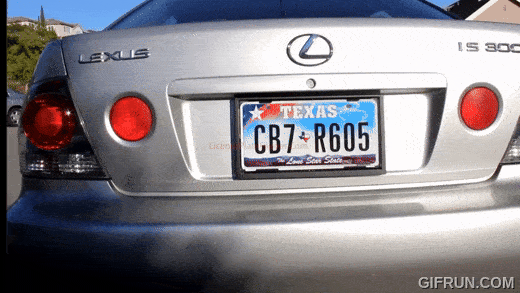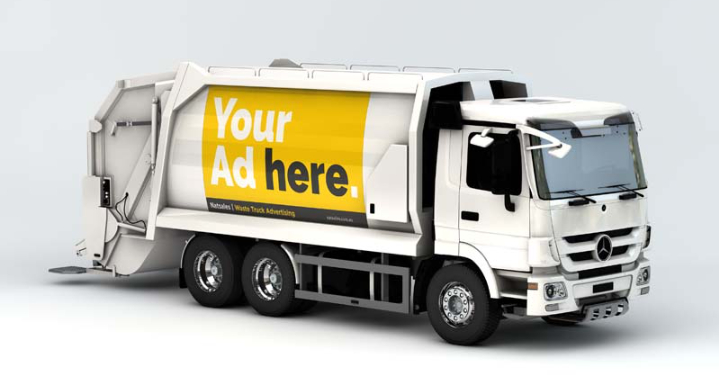Behind the fundraising approach boosting nonprofits

Image: Louis B. Reudiger/Tribune-Review
Contrary to popular belief, big things can come in small packages. Just ask nonprofits, which keep seeing more and more dollars pour in after implementing a fundraising approach where customers in the checkout line are asked to round their purchase to the nearest dollar for charity.
- In 2022, US charities raised $749 million via these so-called point-of-sale donations, a 24% jump from 2020 and nearly double that of 2012, according to data reported by NPR.
A case study: The Taco Bell Foundation, a nonprofit that operates independently from the fast food chain, brought in $42 million last year on round-ups collected from the company's ~7,500 US restaurants. The average donation? Just $0.44.
But the organization didn’t always take this approach. It previously asked customers to donate $1 at checkout, before switching to roundups in 2019.
- The results after the switch were "mind-blowing," Jennifer Bradbury, the foundation's executive director, told NPR.
- The foundation roughly doubled what it had been raising (which averaged between $11 million–$14 million per year), bringing in $20+ million in 2019.
🤔 Why does the round-up approach work? According to a 2018 study, the perceived pain of rounding up a transaction is seen to be less than parting with $1, making consumers more likely to say yes. Humans also tend to have a preference for round numbers; a 2013 study that looked at purchases at self-serve gas pumps and tips at restaurants found the number of transactions ending in “0” to far exceed chance.
Share this!
Recent U.S. stories

U.S.
| March 12, 2024The art of the dodge
📈 Toll-dodging – aka purposely altering a license plate to trick cameras and bypass paying – is on the rise, per a new report.

U.S.
| March 7, 2024The future of Cleveland is garbage, according to its mayor
🗑 Part of a recent plan put forward by Mayor Justin Bibb to “modernize” the city of Cleveland involves selling advertisements that would appear on the side of… garbage trucks.
You've made it this far...
Let's make our relationship official, no 💍 or elaborate proposal required. Learn and stay entertained, for free.👇
All of our news is 100% free and you can unsubscribe anytime; the quiz takes ~10 seconds to complete